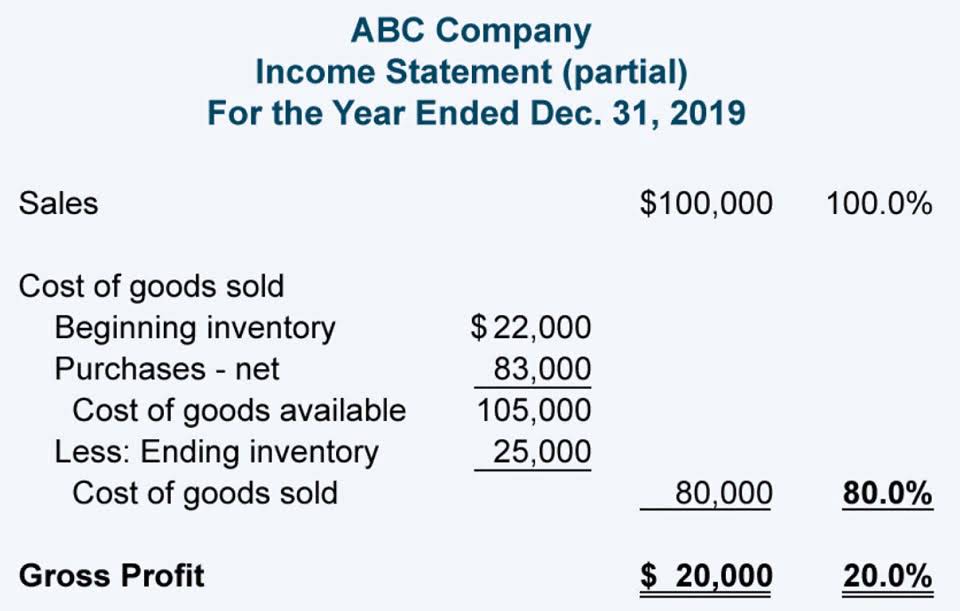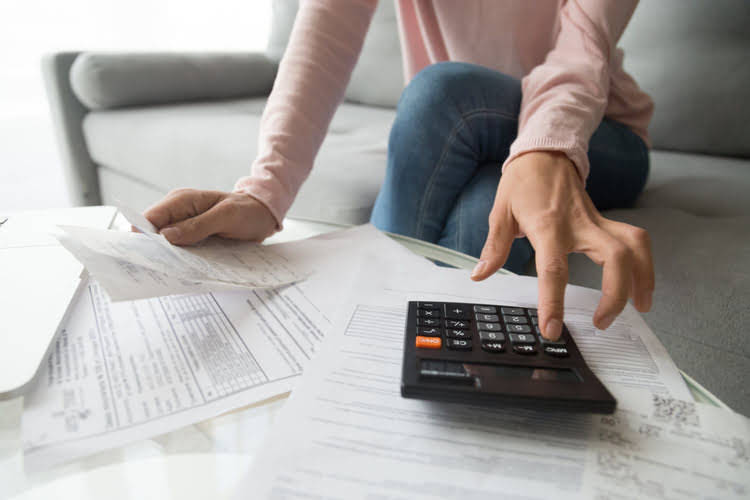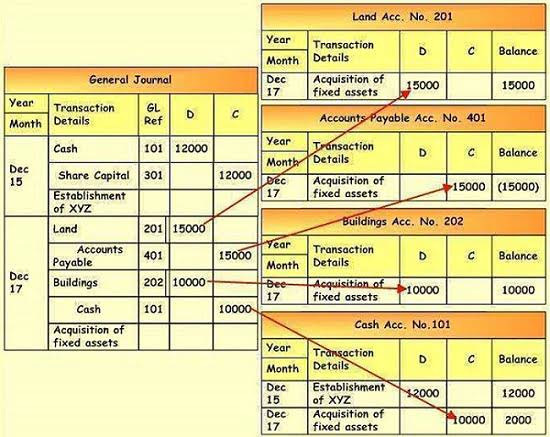Understanding Outstanding Balance: Definition, Causes, Consequences, And Tips

To summarize, outstanding checks can have significant for individuals. They can result in the imposition of overdraft fees, negatively impact credit scores, and even lead to legal action. It is crucial for individuals to manage their finances responsibly, keep track of their account balances, and promptly address any outstanding checks to avoid these potential . By staying vigilant and proactive, individuals can protect their financial well-being and maintain a positive credit history.
Problems with Outstanding Checks
- For example, a business may mistakenly assume it has more liquidity than it does, potentially leading to financial strain or overdraft fees.
- Outstanding deposits refer to a deposit that has been made but has yet to clear in the recipient’s account.
- For example, if a check is deposited shortly before the account holder’s funds are scheduled to be transferred or deposited, it may result in a delay in processing.
- Simply paying money does not satisfy the court that this matter has been fully resolved.
- After all, you still owe the money, and you’ll have to pay it sooner or later.
Additionally, payors must also consider potential contractual obligations related to outstanding checks. If a contract specifies payment by check, it may stipulate penalties for late payment or require that payments be made within a certain timeframe. Failing to meet these requirements can result in legal consequences and financial damages. Communication with PayeesRemember to maintain contact with payees and remind them about any outstanding checks.
- The eRoutingNumber™ database Includes All ABA Routing Numbers in the United States, as well as the bank website in many cases.
- Furthermore, if the payor’s account lacks sufficient funds, the check does not clear.
- That said, it is possible for the issuing party to request a stop order from their bank, which would void the check that was issued.
- Businesses need clear policies for tracking outstanding checks to mitigate these risks.
- However, it may incur banking charges or take time to cash, establishing it as a monetary instrument that ensures payment after proper due diligence by the bank.
- In conclusion, understanding the legal and regulatory implications surrounding outstanding checks is essential for both payors and payees.
- They can negotiate with your creditors on your behalf, helping to lower interest rates or consolidate your debts into more manageable monthly payments.
What is the difference between a negotiable and a check?

As long as you know not to spend money promised to someone else, avoiding expensive consequences such as overdrafts or unearned revenue insufficient funds fees is possible. An outstanding check doesn’t cost anything beyond the paper it’s printed on. However, having to cancel or put a stop payment on a check can be costly. We answer your questions about this financial term and what to do when managing an outstanding check. Outstanding checks that remain so for a long period of time are known as stale checks.

Practice Question – Held Checks
Bank errors can range from simple mistakes, such as misreading Accounts Payable Management the handwriting on a check, to more complex issues like technical glitches in the bank’s system. Regardless of the nature of the error, it is important to address it promptly to avoid any potential . If the maker does not know why the item was returned, the maker should contact their own bank for the reason.

An outstanding check can be defined as a check that has been issued but has not yet been cleared by the bank. outstanding checks It represents an amount of money that has been deducted from the issuer’s account but has not been received by the recipient. This can happen due to various reasons such as delays in the mail, delays in depositing the check, or the recipient simply not cashing the check yet. Once presented to the bank and cleared, the check transforms into obtainable cash. However, it may incur banking charges or take time to cash, establishing it as a monetary instrument that ensures payment after proper due diligence by the bank. Furthermore, if the payor’s account lacks sufficient funds, the check does not clear.


Post Comment